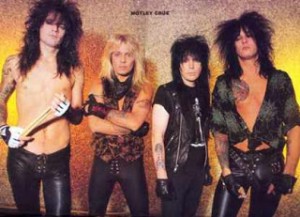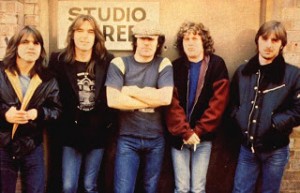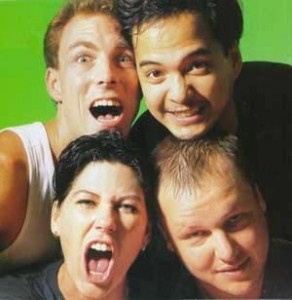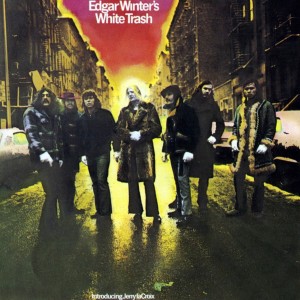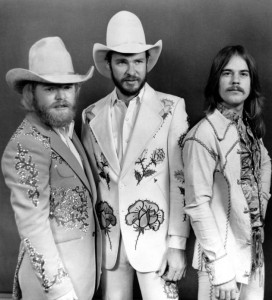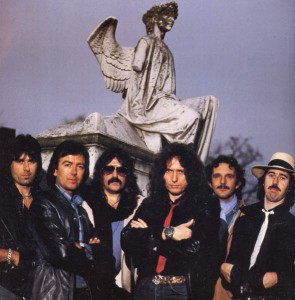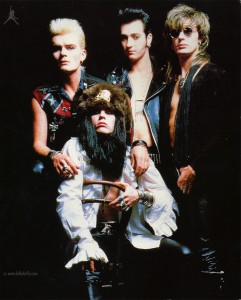Despite the title, this isn’t really about earworms as such – although they certainly have a place here – this is to do with the background music/soundtrack to your – or my – life. There are serious, life-changing conditions like ‘Musical Ear Syndrome” (kind of a musical tinnitus) where the sufferer constantly hears music and in the cases of artists like Kristin Hersh or Nile Rodgers, these kinds of phenomena (not that theirs are the same, as far as I know) can be part of what fuels their creativity. That isn’t me. What I – and I suspect many people – have, is songs I already know, playing ‘in the background’ more or less constantly.
I decided to try to keep track, for a day, of what those songs were. Not an easy task, as trying to remember them if one doesn’t make a note of it is extremely difficult, once the moment has passed – and also because it seems likely that focusing on that background noise might well alter the experience.
Be that as it may, I tried to make a note whenever I could throughout the day, of what was ‘playing’ – and it’s an odd mixture. Most surprising to me are how few of the songs are ones I would normally listen to, or like, or have listened to or heard (to my knowledge) recently. Also surprising is the segue from one to another, which happens mostly without noticing and which seems to have no logic to it that I can see. The medleys are even stranger. Also odd that events like conversations, concentrating on work, watching TV etc seem to have little or no impact on the flow of the music, it just gets quieter for a bit.
So here, with many gaps, and with a few notes and repeat offenders marked in red – is my internal playlist for today. It is still ongoing of course (currently James Taylor’s cover of Tom Waits’ Shiver Me Timbers). I don’t see any patterns, but I do notice that most of these songs are surprisingly cheerful given what I mostly listen to on purpose; so that’s nice.

The day began around 6am with a shower; a key place for earworms and related music, in my experience – without further ado…
- Barbizon by Debz
- Don’t You Want Me by The Human League (I have never liked this song)
- Young Hearts Run Free by Candi Staton
- What’s The Frequency, Kenneth, by R.E.M.
- Keep on Running by The Spencer Davis Group (but with silly alternative lyrics relating to what I was doing at work at the time)
- Ob-La-Di, Ob-La-Da by The Beatles (one of the few Beatles songs I really dislike)
- Van der Valk theme tune (I have never seen Van der Valk, why do I know the theme tune??)
- Save Your Love by Renée and Renato
- Street Life by The Crusaders
- I Wanna Be Your Boyfriend by The Ramones
- Smokebelch I by The Sabres of Paradise (mainly just the bass)
- Your Smiling Face by James Taylor
- Orfeo ed Euridice – a particular bit from (I think) Act 1 of Gluck’s baroque opera
- The Invisible Man by Elvis Costello
- Knock Out Eileen by LL Cool J & Dexy’s Midnight Runners (strangely likeable mashup given my hatred of one of these songs – found on youtube)
- Theme to Monty Python’s Flying Circus
- Only Shallow by My Bloody Valentine (actually a non-existent, jaunty , squeaky synth-pop cover of the tune of the verse to this song, I’d like to really hear it)
- jingle from a TV advert for Mitchell’s Self Drive c. 1981 (with the lyric that kids used to sing to it: ‘Mitchell’s Self Drive/Where people eat pies”)
- I Only Want To Be With You by Dusty Springfield
- It’s A Shame by Bilbo Baggins
- Temples of Syrinx by Rush
- Rockit by Herbie Hancock
- NIB by Black Sabbath
- Car Thief by The Beastie Boys
- Hook It Up by The Donnas
- How Deep Is Your Love by The Bee Gees (the verse of this song gets stuck in my head often)
- Your Woman by White Town (genuine earworm that was stuck in my head for days, I had no memory of what it was, didn’t remember the lyrics and had to search for ages to discover what it was; irony – hated it then, hate it now)
- The Eye of the Witch by King Diamond
- Good Times, Bad Times by Led Zeppelin
- Georgie Girl by The Seekers
- Uh-Oh, Love Comes To Town by Talking Heads
- Bergerac theme tune (not actually seen Bergerac since the mid 80s)
- I’ve got a lovely bunch of coconuts (just the tune, but still!???)
- The World In My Eyes by Depeche Mode
- medley: You Can Call Me Al by Paul Simon & Down Under by Men At Work (had this bizarre medley playing in my head every morning for months; oddly when it’s not ‘playing’ I can’t work out where the segue happens)
- The Neverending Story by Limahl
- Good Times by Chic
- Fascination by David Bowie
- Lovely Day by the Pixies
- Graceland by Paul Simon
- Shiver Me Timbers… but that you know.
Hmm.





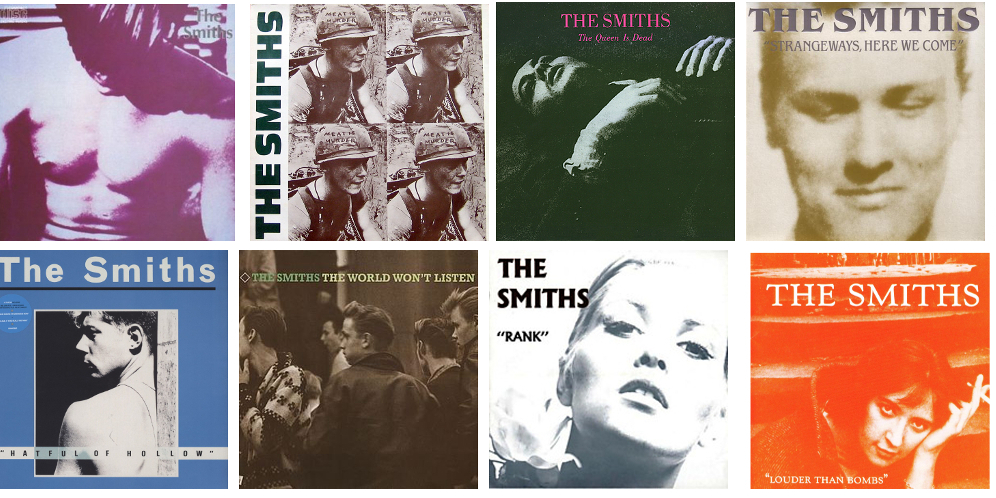
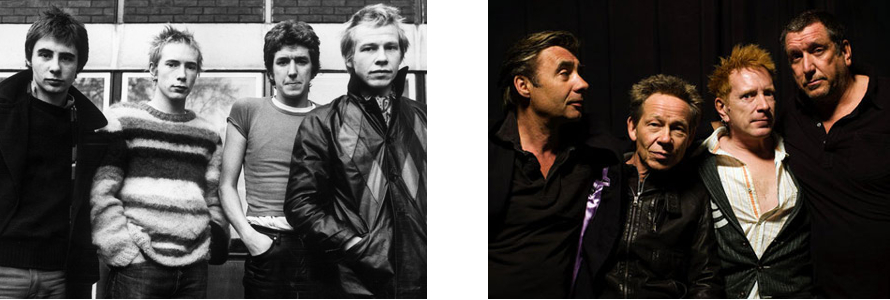

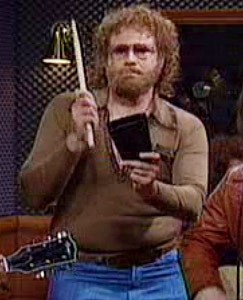
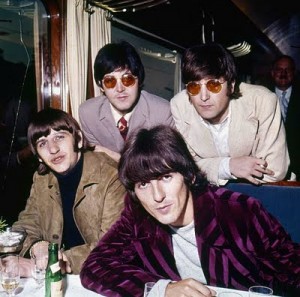 Car (1966), which perhaps surprisingly prefigures the genre with its funky soul influence. The Spencer Davis Group’s equally soulful Gimme Some Lovin’ (1966) also features possible cowbell* although to my ears it sounds more like a tambourine. *see note on Honky Tonk Woman below
Car (1966), which perhaps surprisingly prefigures the genre with its funky soul influence. The Spencer Davis Group’s equally soulful Gimme Some Lovin’ (1966) also features possible cowbell* although to my ears it sounds more like a tambourine. *see note on Honky Tonk Woman below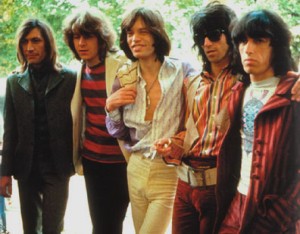 and from then on the song establishes cowbell rock; a rocking, yet laidback beat that holds everything else together. It was to prove hugely influential on the rock of the 70s and every revival thereof up until the present day. Interestingly (this is the part alluded to in the introductory note; thanks anonymous person), it is most likely erstwhile Spencer Davis Group producer Jimmy Miller, rather than the undoubtedly brilliant Charlie Watts, who plays the cowbell.
and from then on the song establishes cowbell rock; a rocking, yet laidback beat that holds everything else together. It was to prove hugely influential on the rock of the 70s and every revival thereof up until the present day. Interestingly (this is the part alluded to in the introductory note; thanks anonymous person), it is most likely erstwhile Spencer Davis Group producer Jimmy Miller, rather than the undoubtedly brilliant Charlie Watts, who plays the cowbell.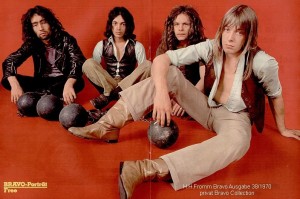 Free – All Right Now (1970) – picks up where Honky Tonk Women left off, with even bigger gaps in the riff; more room for cowbell. Most of Free’s early work should really be in the ‘implied cowbell’ list below
Free – All Right Now (1970) – picks up where Honky Tonk Women left off, with even bigger gaps in the riff; more room for cowbell. Most of Free’s early work should really be in the ‘implied cowbell’ list below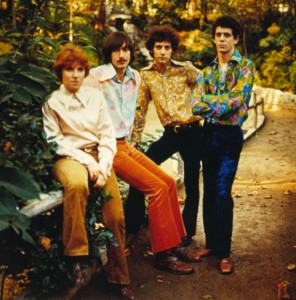 any) is not very audible but this should be a cowbell classic based on the riff alone (more such nonsense below).
any) is not very audible but this should be a cowbell classic based on the riff alone (more such nonsense below).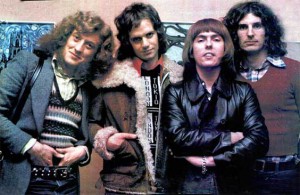 Slade – The Bangin’ Man (1974) – a tongue in cheek, slightly sad song, seemingly alluding to the memory problems the great Don Powell suffered when recovering from a horrendous car crash; but his drum/cowbell playing here is peerless.
Slade – The Bangin’ Man (1974) – a tongue in cheek, slightly sad song, seemingly alluding to the memory problems the great Don Powell suffered when recovering from a horrendous car crash; but his drum/cowbell playing here is peerless. perfect backdrop for some classic cowbell courtesy (I presume) of the great Aynsley Dunbar. Interestingly, Bowie’s flirtation with cowbell rock outlasted his glam period; check out the Young Americans-era outtake I’m Divine for some classic cowbell with more of a funk flavour.
perfect backdrop for some classic cowbell courtesy (I presume) of the great Aynsley Dunbar. Interestingly, Bowie’s flirtation with cowbell rock outlasted his glam period; check out the Young Americans-era outtake I’m Divine for some classic cowbell with more of a funk flavour.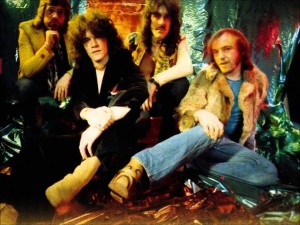 Nazareth – Hair of the Dog (1975) – basically a compendium of everything cheesy-but-good about mid-70s hard rock; and they came from Dunfermline!
Nazareth – Hair of the Dog (1975) – basically a compendium of everything cheesy-but-good about mid-70s hard rock; and they came from Dunfermline!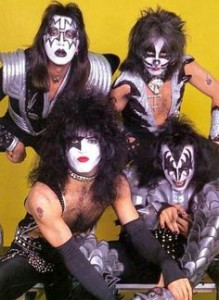 cowbell in 1975/6 because it’s all over the classic Rock & Roll Over album (released November 1976), giving it a looser, warmer feel than the also great but clinically orchestrated Destroyer (released March 1976, shockingly; When they were good, they were productive!)
cowbell in 1975/6 because it’s all over the classic Rock & Roll Over album (released November 1976), giving it a looser, warmer feel than the also great but clinically orchestrated Destroyer (released March 1976, shockingly; When they were good, they were productive!)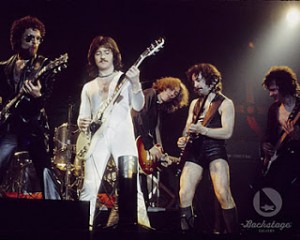
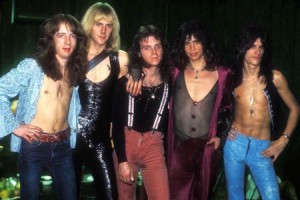 but this slow & dirty-sounding masterpiece has the real thing.
but this slow & dirty-sounding masterpiece has the real thing.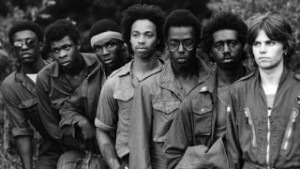 War – Low Rider (1975) – somewhat out of genre being funk, but this song belongs in any discussion of the cowbell in popular music. I’m sure Funkadelic must have used it too, but nothing comes to mind so I’ll leave that for now…
War – Low Rider (1975) – somewhat out of genre being funk, but this song belongs in any discussion of the cowbell in popular music. I’m sure Funkadelic must have used it too, but nothing comes to mind so I’ll leave that for now…